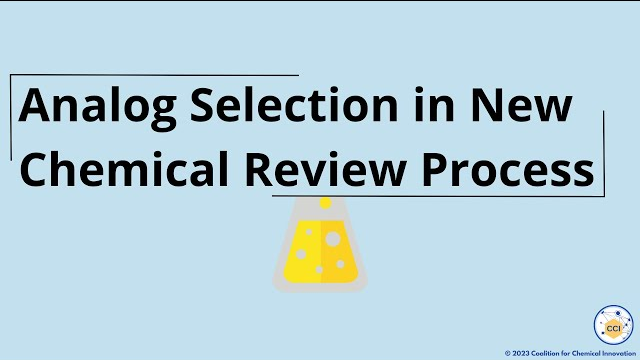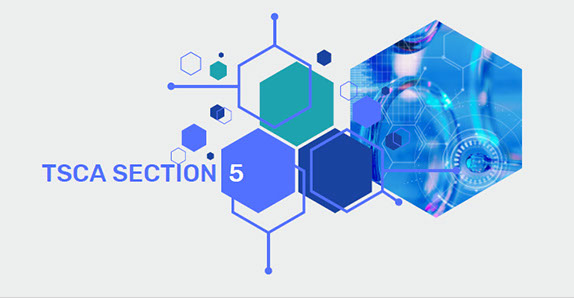Our Research and Analysis
CCI commissioned FTI Consulting, a well-respected global research firm, to
analyze the real-world consequences of the TSCA Section 5
implementation policies the CCI wishes to change. A copy of the FTI
analysis is available for download here.

The analysis shows that since TSCA reforms were signed into law in 2016 as
the Frank R. Lautenberg Chemical Safety for the 21st Century Act
(Lautenberg):
- R&D investment at CCI member companies has dropped from $324
million annually to $65 million annually, a stunning 80 percent reduction;
- Review times at EPA for new chemicals have more than doubled, and
premanufacture notice review and approval time has increased from
months to years; and
- Between 2017 and 2022, the time for getting new chemical
determinations has increased from an average of 222 days to 608 days -
- almost two years.
The loss to the U.S. economy based on EPA’s failure to review new chemicals
timely and companies’ resulting inability to commercialize new chemicals are
noteworthy. Further, failing to replace older chemicals with new, more
sustainable chemicals and EPA’s lengthy, cumbersome review process are
driving up costs and delaying employing new chemicals that may address
energy efficiency, water use, environmental degradation, environmental
justice, and public health goals.
The CCI analysis accounts for the “upstream” losses to CCI members and
their suppliers from lost sales opportunities, as well as the “downstream”
losses to CCI members’ customers from lost sales and higher costs.
Forecasted upstream and downstream losses associated with the continued
slow pace of EPA action for 2022-2026 include:
- 6,600 sustained job losses, on average;
- $10 billion in lost economic output;
- $4.2 billion in lost GDP;
- $2.3 billion in lost labor revenue for American workers; and
- Over $500 million in reduced federal tax revenues and nearly $300
million in reduced state and local tax revenues.
All of these important measures are counter to the stated goals of the BidenHarris Administration, and the lack of progress undermines the intent of the
bipartisan Sustainable Chemistry Research and Development Act and the
Infrastructure Investment and Jobs Act.
U.S chemical companies are abandoning new, greener, more sustainable,
more innovative chemicals or are shifting to markets outside of the United
States as they develop work-arounds to the TSCA new chemicals review
program to avoid the unpredictable, inconsistent, and glacially slow review
times. The CCI seeks to turn this trend around and persuade EPA to adopt
policies that incentivize new chemical innovation, not frustrate it.


